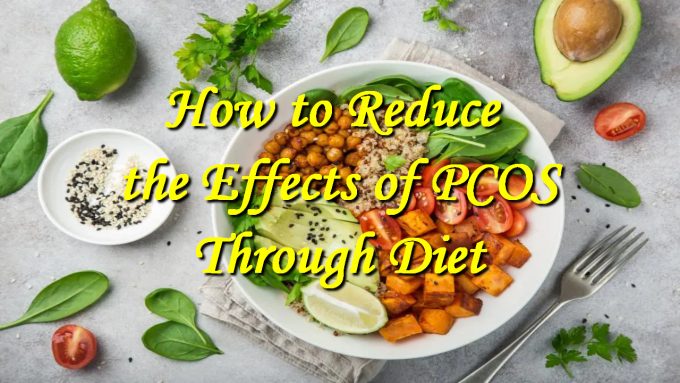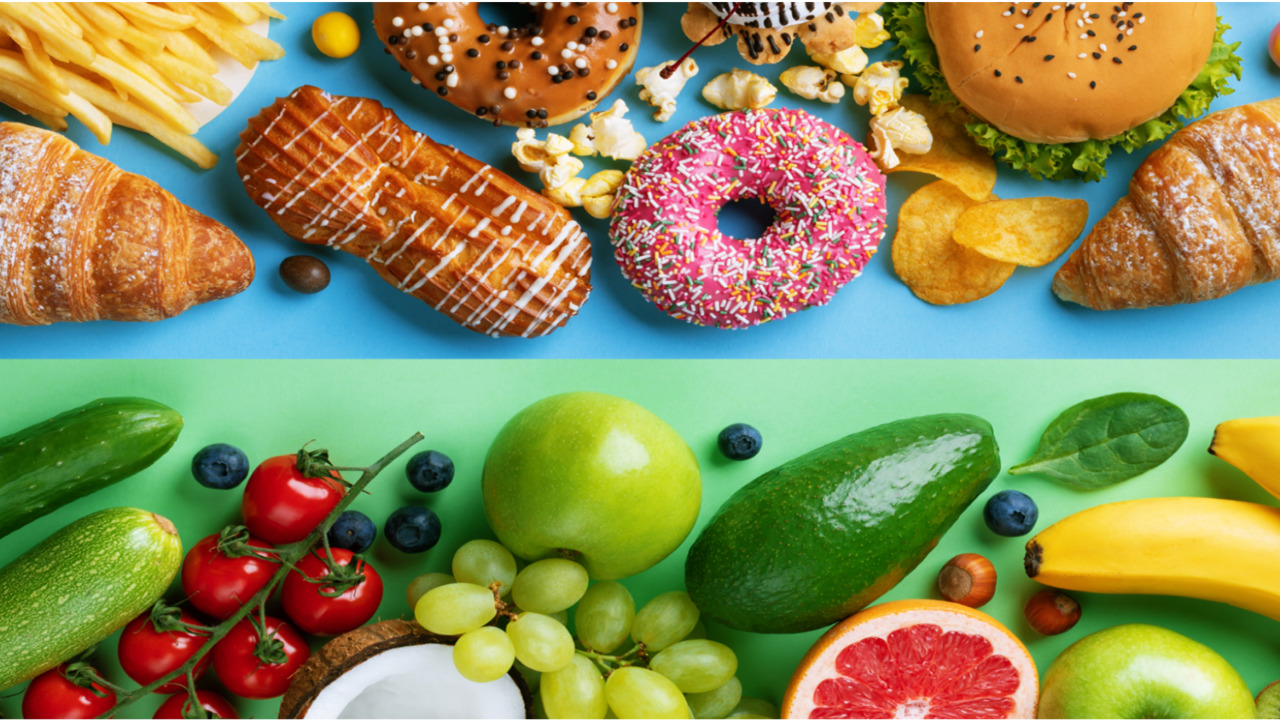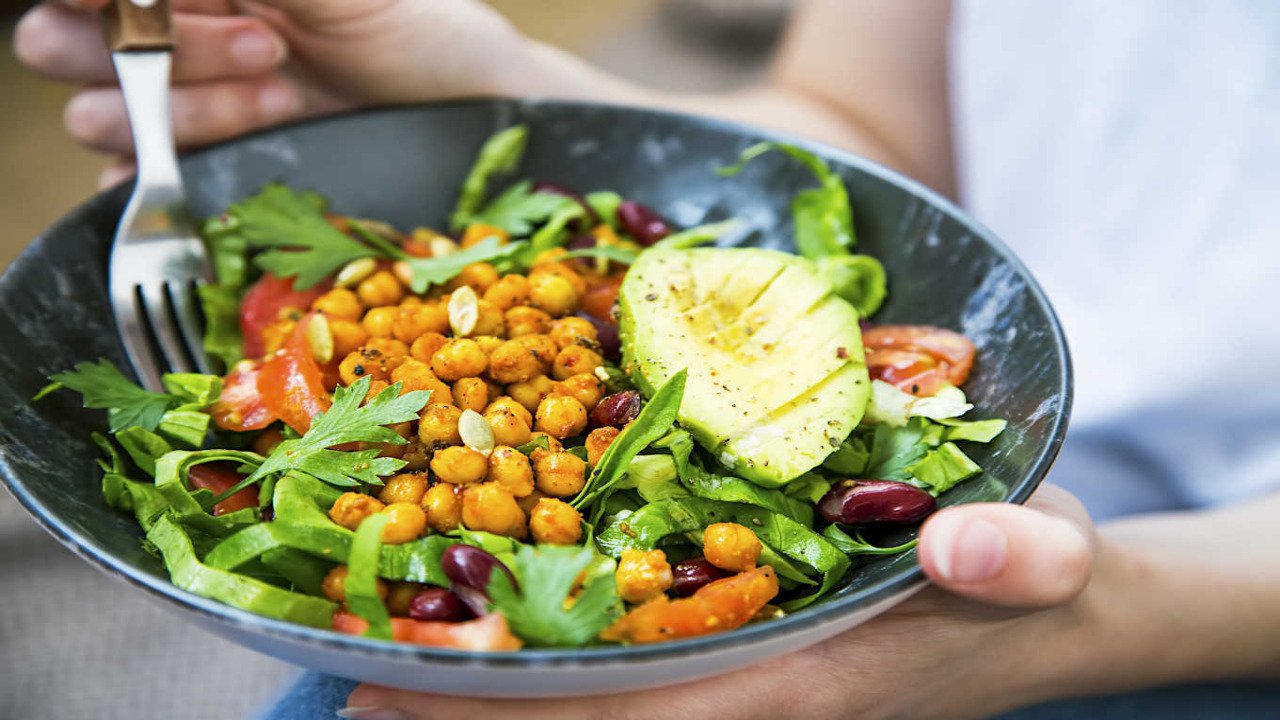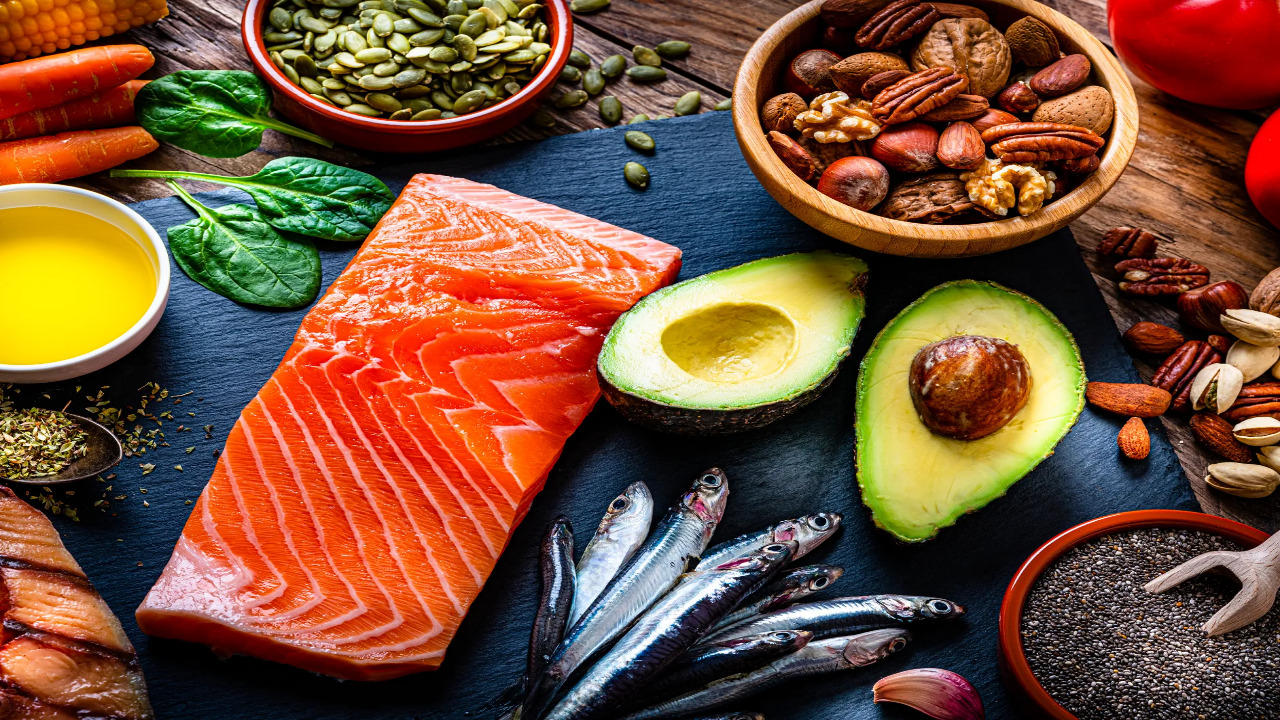
PCOS, or polycystic ovary syndrome, is a hormonal disorder that can cause irregular periods, fertility problems, and other health issues. While there is no cure for PCOS, making dietary changes can help reduce its symptoms and improve your overall health.
Eating a nutritious diet and maintaining a healthy weight is important for managing PCOS. Foods that are rich in fiber, antioxidants, and healthy fats can help regulate hormones and reduce inflammation. Avoiding processed foods, sugary drinks, and refined carbs can also help manage PCOS symptoms.
In addition to dietary changes, regular exercise can also help reduce the symptoms of PCOS. Exercise can help regulate hormones, promote weight loss, and reduce inflammation. If you have PCOS, it’s important to talk to your doctor about the best way to manage your condition.
Start by Eating Less Processed Foods and Eating More Whole Foods

One simple way to improve your diet and start feeling better is to cut out processed foods. Processed foods are often high in sugar, salt, and unhealthy fats, and can lack important nutrients like fiber and vitamins. Eating more whole foods—unprocessed, natural foods like fruits, vegetables, whole grains, and lean protein—is a great way to improve your diet and overall health. Not only are whole foods more nutritious, but they can also be more satisfying, so you’ll be less likely to overeat or snack on unhealthy foods. Plus, cutting out processed foods can save you money—a win-win! Also, make sure to check out the following website https://thesmooco.com/collections/pcos where you will find great PCOS supplements and more.
Incorporate More Fiber Into Your Diet by Eating Plenty of Fruits, Vegetables, and Whole Grains

If you’re looking to boost your fiber intake, there are plenty of delicious ways to do it. Fruits, vegetables, and whole grains are all great sources of fiber, so aim to incorporate more of them into your diet. Incorporating more fiber into your diet can help improve your digestion and keep you feeling fuller for longer. Plus, it’s a great way to add more nutrient-rich foods to your diet. So next time you’re at the grocery store, be sure to stock up on plenty of fruits, vegetables, and whole grains.
Reduce Your Intake of Simple Carbohydrates Like Sugar and White Flour

We all know that we should be cutting down on our sugar intake, but did you know that white flour is just as bad for you? Just like sugar, white flour is a simple carbohydrate that your body can easily convert into glucose. And we all know what too much glucose can do to your waistline!
So, if you’re looking to reduce your intake of simple carbohydrates, cut out the sugar and white flour from your diet. Replace them with complex carbs like whole grains, which take longer for your body to break down and are, therefore, less likely to be stored as fat. You’ll be amazed at the difference it makes!
Eat More Healthy Fats Like Olive Oil, Avocados, And Nuts

If you’re like most people, you probably think of fat as something to avoid. But not all fats are created equal. In fact, some types of fat are actually good for you. Eating healthy fats can help improve your cholesterol levels, reduce inflammation, and promote healthy skin and hair. Plus, they can help you lose weight and keep it off. So, what are some good sources of healthy fats? Olive oil, avocados, and nuts are all great choices.
Olive oil is a monounsaturated fat that has been shown to reduce inflammation and improve cholesterol levels. It’s also a great source of antioxidants.
Avocados are another great source of healthy fats. They’re high in monounsaturated fats and fiber, which can help you feel full and lose weight.
Nuts are a great source of healthy fats, protein, and fiber. They can help you lose weight, lower your cholesterol levels, and reduce inflammation.
So, if you’re looking to improve your health, eating more healthy fats is a great place to start.
Try to eat smaller meals more frequently throughout the day.